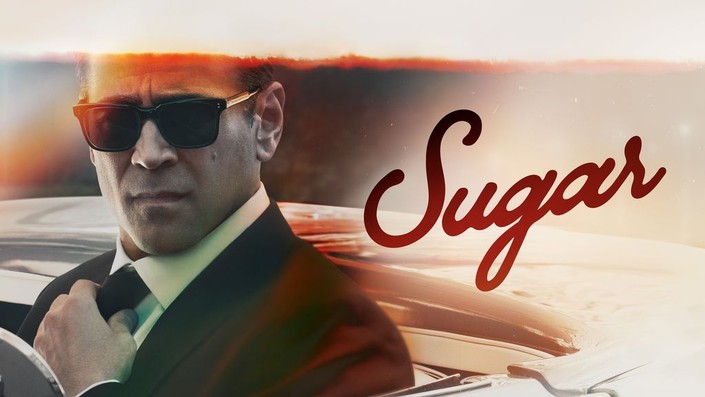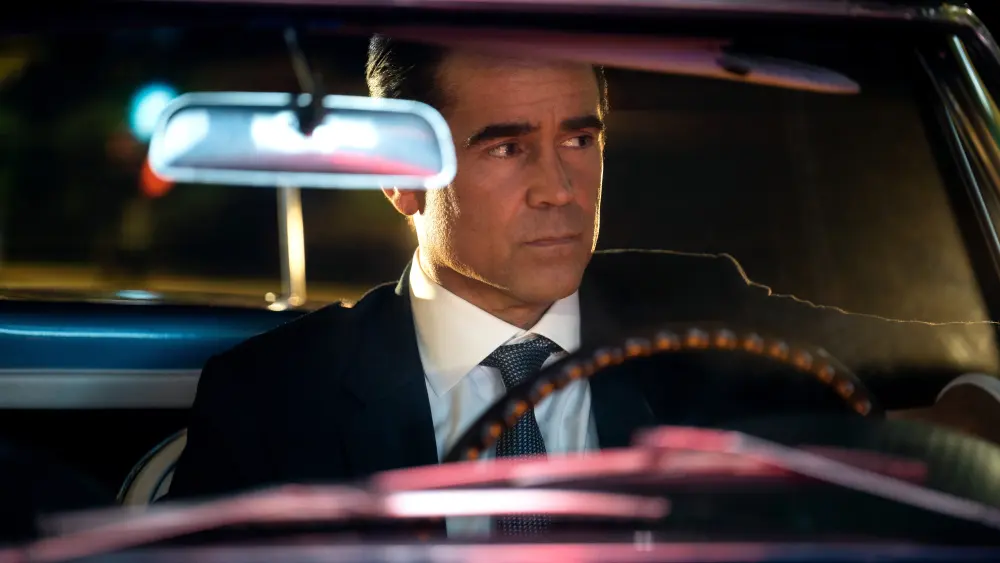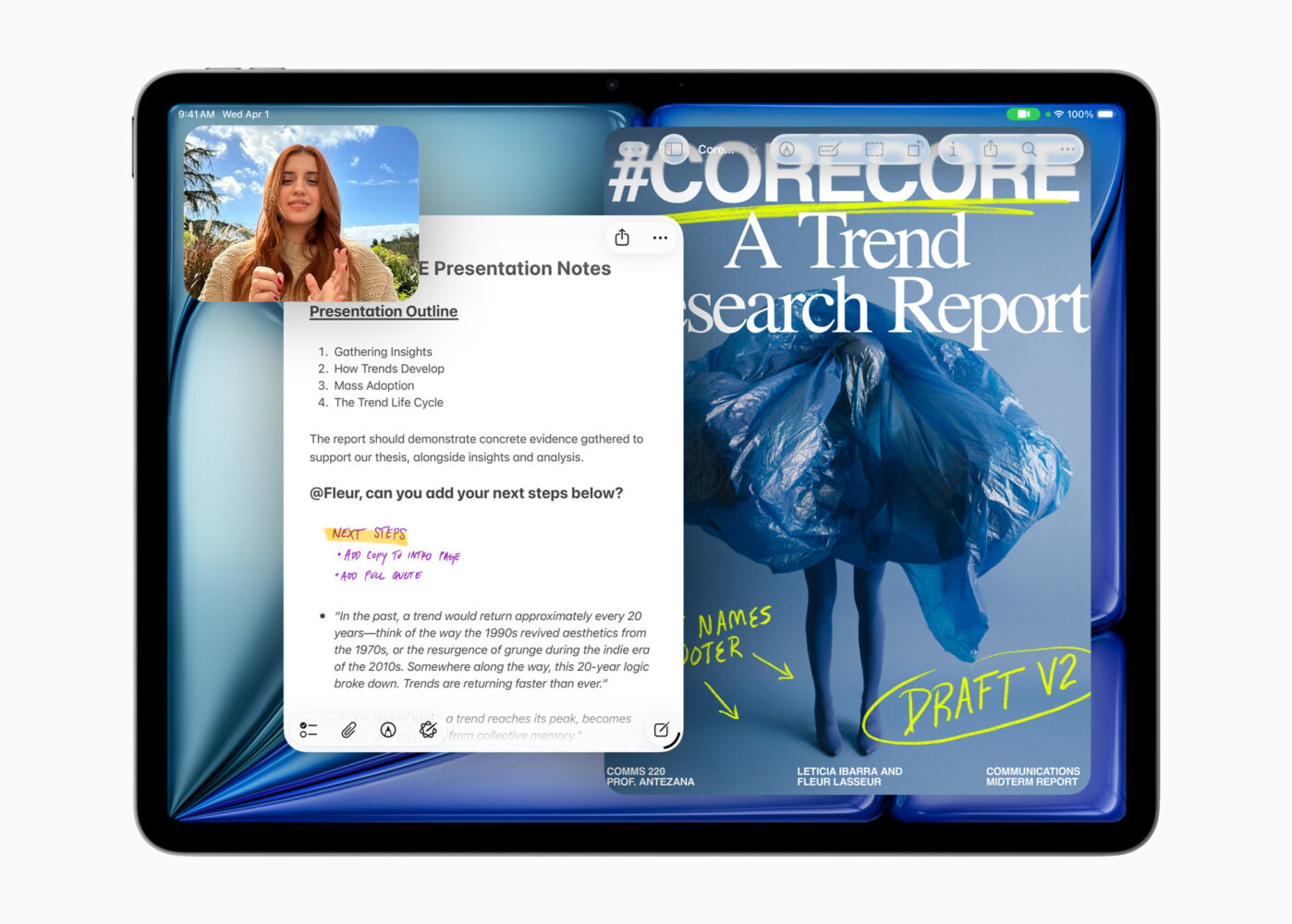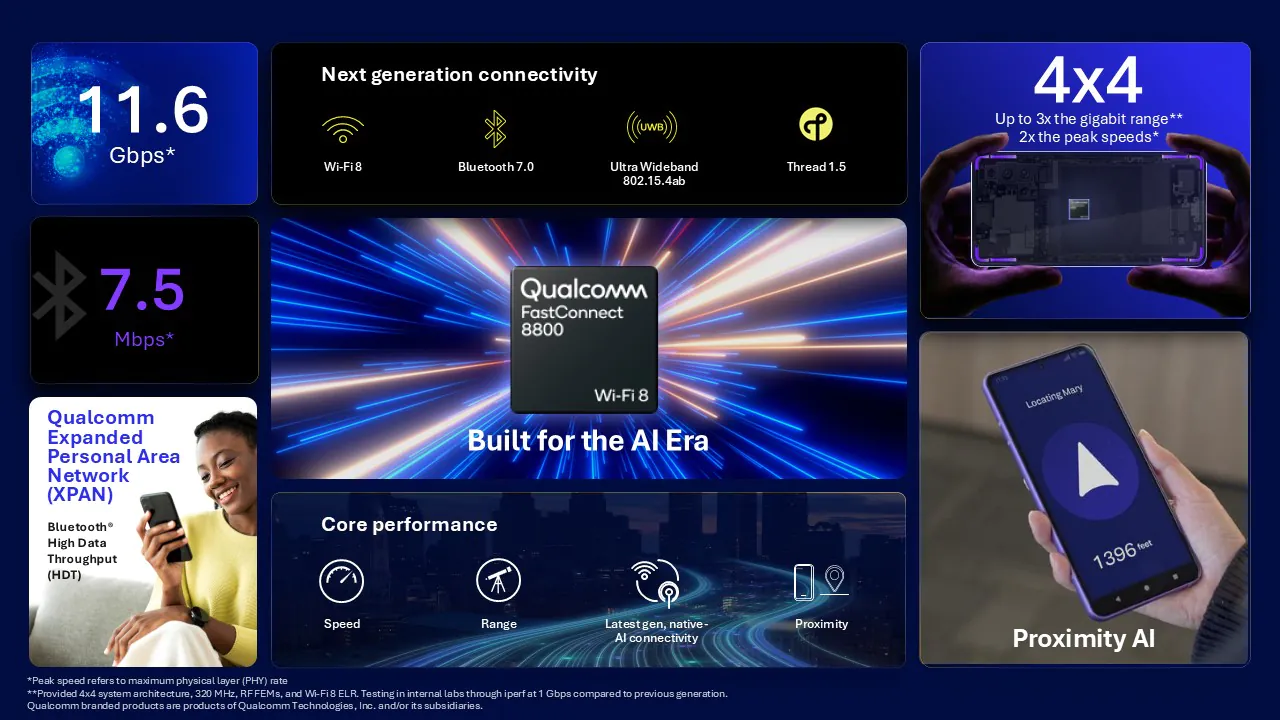In a future Los Angeles where painful memories have been outlawed, Apple TV+’s new sci-fi series, “Sugar,” promises a tantalizing exploration of memory, trauma, and the cost of forgetting. With Colin Farrell headlining as enigmatic detective John Sugar and a sleek, near-future aesthetic, the series initially delivers a compelling premise and stylish visuals. However, as “Sugar” unfolds, it becomes apparent that its ambitions might outweigh its grasp, resulting in a visually arresting but narratively uneven experience.

Sugar
The Premise: A World Without Painful Memories
“Sugar” paints a dystopian vision of Los Angeles where a cutting-edge treatment promises to permanently erase all painful memories from a person’s mind. This technology, unsurprisingly, divides society into those desperate for a life free from pain and those wary of erasing their history, however traumatic. Enter maverick detective John Sugar (Farrell), a man seemingly unaffected by the memory-erasing craze, haunted by a mysterious past he can’t fully recall. As he navigates a string of cases linked to the memory treatment, Sugar becomes entangled in a conspiracy that forces him to question the true nature of reality and the power of memory itself.
Initial Impressions: Style Over Substance?
From its opening moments, “Sugar” establishes a slick, visually striking world. The neo-noir aesthetic is punctuated by muted colors, sleek architecture, and a pervasive sense of sterile beauty in its depiction of a future L.A. Colin Farrell delivers a brooding and enigmatic performance as Sugar, drawing viewers into the mystery surrounding his troubled character. Within the first few episodes, the series hints at a complex philosophical exploration of memory and identity.
Narrative Stumbles and Unfulfilled Potential
While the premise and visuals are undeniably enticing, the show’s ambitious setup promises more than it ultimately delivers. The narrative becomes increasingly convoluted, with plot twists that feel more like contrivances than organic developments.
Where the show could delve into nuanced explorations of trauma, memory suppression, and the consequences of erasing essential parts of ourselves, it often settles for surface-level action and intrigue. The conspiracies and mysteries at the heart of “Sugar” lack a satisfying payoff, leaving lingering questions and a sense of unfulfilled potential.
Compelling Performances Amidst a Murky Plot
Despite these narrative shortcomings, the cast delivers compelling performances. Colin Farrell anchors the show with his stoic portrayal of Sugar, his simmering intensity hinting at the depths of his character’s suppressed past. Alongside him, Kirby Howell-Baptiste shines as Rachel, the founder of a sanctuary for those determined to retain their memories, providing a grounding presence and a compelling counterpoint to Sugar’s haunted existence.
The Verdict: Intriguing But Ultimately Unsatisfying
In the end, “Sugar” is an experience much like its namesake: tempting, with bursts of addictive sweetness, but ultimately leaving a lingering sense of dissatisfaction. The premise is thought-provoking, the performances are strong, and the visuals are undeniably stylish. However, as the narrative unfolds, it becomes bogged down by confusing plot twists and an inability to fully explore its intriguing themes.
While not a complete misstep, “Sugar” feels like a missed opportunity. It has the ingredients for a truly groundbreaking and thought-provoking sci-fi series but fails to capitalize on its potential.







